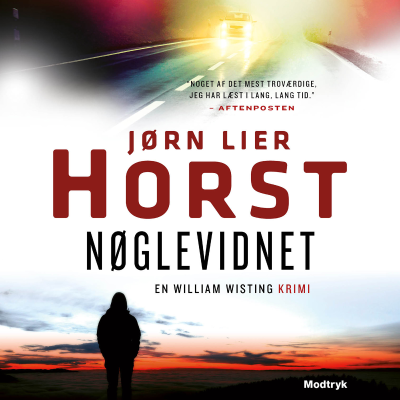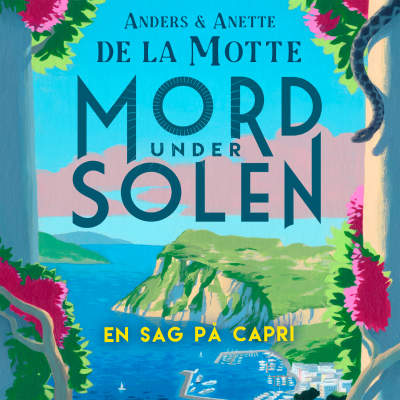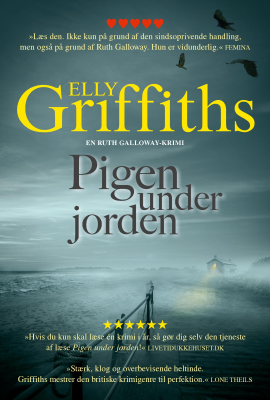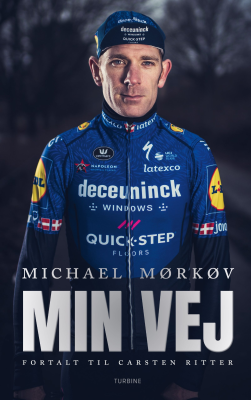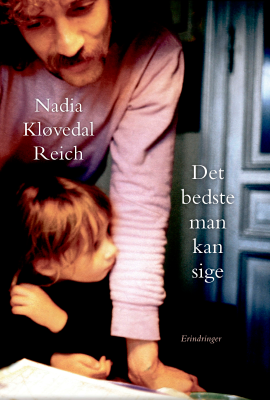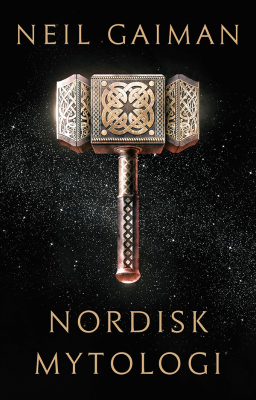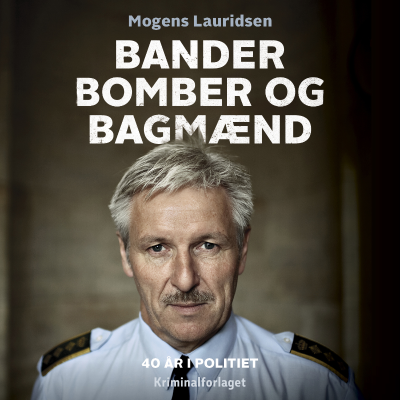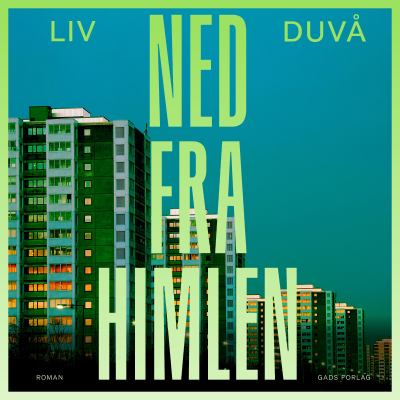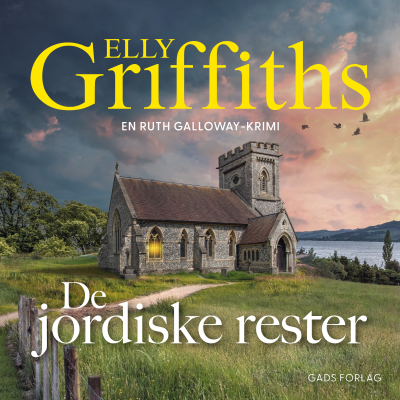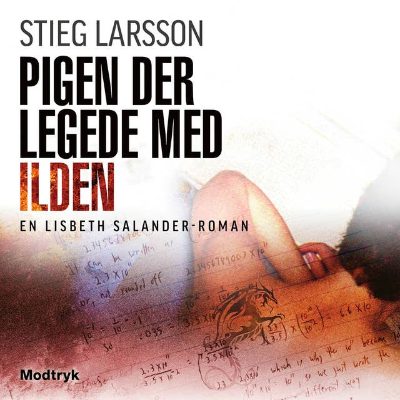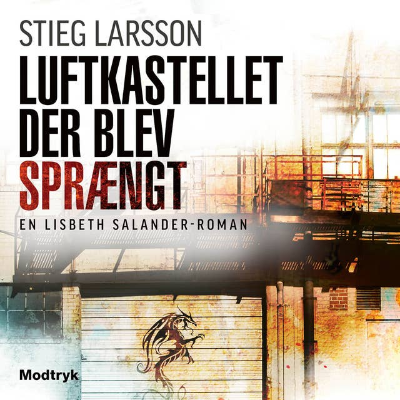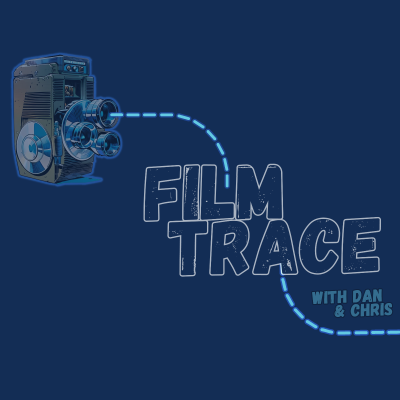
Film Trace
Podcast af Film Trace
We trace the Life of a Film from conception to production all the way to its release and reception. You know when you dive into a film's wikipedia and imdb after watching it? Then the director's page, then the actor's page. Our show does that for you. We use our nerd superpowers to obsessively tell the story of a movie: how it came to be, how it played out, and what it means today. It is a crash course on a single film filled with primary documents, lovely asides, and frequent guest voices. It is an investigation and celebration of films both great and small.
Prøv gratis i 7 dage
99,00 kr. / måned efter prøveperiode.Ingen binding.
Alle episoder
121 episoderIn the season finale of our Visionary Remakes season, we investigate two versions of The Maltese Falcon, the original from 1931 and the more famous 1941 version. The Maltese Falcon has almost become shorthand for both Humphrey Bogart and the beginning of film noir. That famous film was preceded by a film adaptation a decade earlier, which itself was preceded by the hard boiled crime novel a year prior. The 1941 film has totally eclipsed both the original adaptation and the book in popular consciousness. Perhaps rightly so. John Huston's directorial debut is a masterwork in writing, editing, and acting. It has also been touted as one of the more rewatchable films from the era due to its production design, clockwork plot, and Bogart's enigmatic vibes. The Maltese Falcon is a great example of why some films should be remade. The remake improves pretty much every aspect of the original film. But our discussion takes a turn when Dan questions whether Falcon is truly a noir film. We dive deep into this topic and how labels and genres can often obfuscate the significance and heritage of a film. If The Maltese Falcon is not the first big noir film, then what gives it such a high value among film lovers and filmmakers? The answer of course lies within the film itself, not a genre label.
In episode seven of our Visionary Remakes season, we traverse two classic westerns. First, Kurosawa's Yojimbo (1961) and its nearly immediate Italian reaction, Sergio Leone's A Fistful of Dollars (1964). The western has always been seen as a distinctly American film genre. The "west" in the word is the American West, a grand nearly ungovernable stretch of land filled with plains, deserts, mountains, rivers, and precarious cliffs, both literal and moral. It is a rich canvas that can tell a thousand different stories. Ironically, here we have two non-American voices calling out to the vast wilderness of the West. Perhaps it is a wild and mysterious place that exists in all cultures. Kurosawa's Yojimbo is not necessarily a textbook Western, but of course, it is deeply indebted to Shane (1953), High Noon (1952), The Gunfighter (1950), and John Ford's Stagecoach (1939) and My Darling Clementine (1946). At the same time, the source material was a hardboiled detective American novel from the 1930s, and we can not discount its place in the lineage of the chanbara films. Yojimbo is an amalgamation and many different styles and genres, but it still feels like a Western at its core. A Fistful of Dollars is resolutely a Western, but it came from somewhere left of the dial. Sergio Leone did not speak English nor had he ever been to America, let alone the American West. But Leone was able to spark something new and powerful in the waning genre. Westerns had been around since the beginning of film, but by the 1950s and 1960s, the genre had oversaturated culture mostly through dime-store tv shows: Gunsmoke, The Lone Ranger, Bonanza, and Rawhide. Westerns had become trite and tired. Along came Clint Eastwood, Sergio Leone, and Ennio Morricone to reinvent and rekindle that flickering flame.
In episode six of our Visionary Remakes season, we explore two versions of the King Kong myth, the original from 1933 and the 1970s remake. We toss in a dash of Peter Jackson's 2005 version as well. Special Guest: Riley - Good friend of the show and true film buff King Kong is a cultural institution. How that happened is still a mystery to us children of the 1980s. We grew up with the original. The 1976 version had been memory holed by the time we were children. The 1933 version is iconic for many reasons honorable or not. The special effects were groundbreaking for the time and its blending of genres was unique. But problematic doesn't even begin to describe King Kong (1933). It is hard to watch it without feeling a strong sense of distaste and unease, even viewing it as a film artefact. The remake of King Kong from 1976 was a bold attempt to one-up Jaws which came out the year before. The summer blockbuster was born, but a big budget and spectacular marketing campaign do not make a hit. The making of King Kong 1976 would probably make for a better movie than what we got on screen. Mired in legal trench warfare, this remake tried to update the King Kong story to incorporate the cynicism of post-Nixon years. It fails mostly, but it does not disappoint. It is an interesting and bizarre watch that is getting reappraised by Zoomers, for better or worse. Lastly, the 2005 version probably needs its own episode. Peter Jackson's King Kong was highly praised upon its release, and it still is held in high regard. But Dan has more than a few bones to pick with its prestige.
In episode five of our Visionary Remakes season, we dissect the original The Fly from 1958 as well as David Cronenberg's bombastic remake from 1986. Special Guest: Daniel Malone - Host of the great You Talkin' to Me? podcast where Daniel watches classic films with his son for the first time. Check it out! The impetus of this season was to explore how remakes can add, take away, or supercede the original. Of course, all remakes add to the discourse of the original, and it is not some arbitrary competition. But the intention to remake is in some sense always competitive. A producer, writer, and/or director wants to retell a story in a different way, presuming the original will no longer do. Often this desire is imprudent but The Fly is a great example of how that impulse can lead to something much deeper and richer than the original execution. The Fly (1958) is certainly not a bad film. It was an elevated B-movie for its time, shot in beautiful CinemaScope. Vincent Price dutifully shows up, and a couple scenes became iconic (both fly head reveals). When compared to David Cronenberg's masterpiece from 1986, the original suddenly feels quite quaint and slight, a time capsule curiosity rather than groundbreaking film. Cronenberg's The Fly is perhaps the paradigm of taking an interesting idea and expanding it into something much more and much better. The remake also demonstrates that an idea or concept is just the foundation of a film. The true totality of a movie is the collective creative action of hundreds of people. When it all gels, we get something special and magical.
In episode four of our Visionary Remakes season, we cross-examine two versions of Cape Fear, the original starring a creepy and enigmatic Robert Mitchum, and the 1991 remake from Martin Scorsese starring a crazed and manic Robert De Niro. Special Guest: Amanda Jane Stern - writer, producer and star of the award-winning psychosexual thriller Perfectly Good Moment. Streaming now on Tubi! Co-host of the podcast Don't Be Crazy. Both versions of Cape Fear are anchored by dazzling performances of the antagonist, Max Cady. Robert Mitchum reduces the overtly violent nature of Cady in order to play up his cleverness, obsessiveness , and wiliness. De Niro goes over the top in his version of Cady, playing him as zany, an almost comical but brutal cartoon villain. This difference underlines the drastically opposed tones, vibes, and outcomes of each version of Cape Fear. The 1962 original focused on the limits of justice. It clearly asks and attempts to answer where the line between enforced law and moral justice lives, albeit wrapped in a juicy and sensational B-movie plot. Scorsese's 1991 remake does not ask those questions, but it does drench us in pulpy genre stimuli: graphic violence, improprietous sexuality, and domestic disputes. The debate we have in this episode is whether either film is successful in its intended mission. Is the original too flat for a genre flick and perhaps too lofty to escape pretension? Do Marty and De Niro swing away and strike out, can a trashy thriller be too much even if it attempts to do nothing more than shock?
Prøv gratis i 7 dage
99,00 kr. / måned efter prøveperiode.Ingen binding.
Eksklusive podcasts
Uden reklamer
Gratis podcasts
Lydbøger
20 timer / måned














